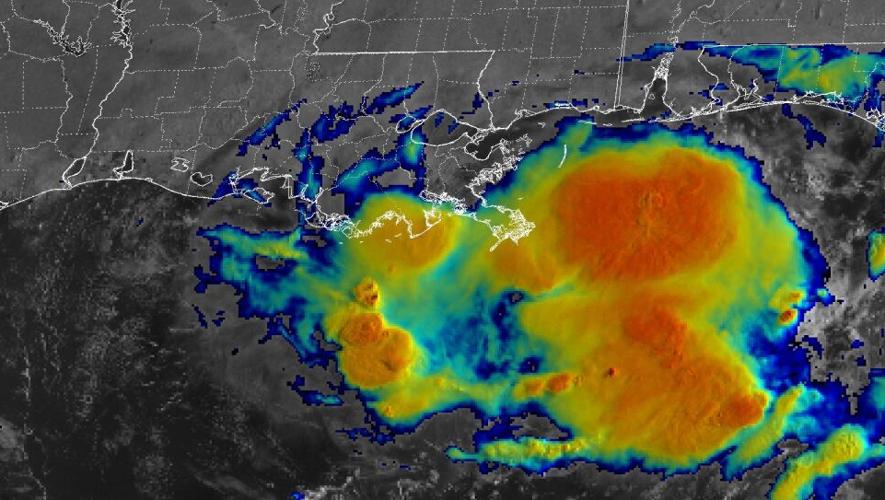Free public defender system of interference
Published 12:03 am Wednesday, May 25, 2016
The legislature is considering changes to the Public Defender Act of 2007.
In committee, members of the District Attorneys Association spoke in favor of the amendments.
The Chairman of the Public Defender Board and the State Public Defender spoke against the amendments.
Trending
The DAs prevailed.
HB 1137 changes the makeup of the Board that was created to supervise Public Defender services for needy people across the state and to ensure that the public defender system is free from undue political and judicial interference. Eliminated are members representing the Louisiana Interchurch Conference, and the law schools at LSU, Loyola, Southern and Tulane University.
There are many public bodies created by the legislature where they have recognized the value of input from representatives of the universities. One has an advisory committee required to have members from 12 named universities; another, that also provides legal counsel to those in need, is the Mental Health Advocacy Service, whose Board of Trustees includes the deans of the four Louisiana law schools, or someone designated by the deans. Reducing the number of Board members has zero fiscal benefit to the State and, if it must be done, it should be accomplished some other way.
More significant is the pinching off of funding for capital defense to a specific legislatively created percentage of overall state funding to the Board. Local funding for Public Defender Offices is principally derived from court costs paid on traffic tickets. State funding includes payment for services, such as the specialized lawyers in capital cases and appeals, and in the form of grants called District Assistance Funds (DAF) sent to the local Public Defender Offices.
HB 1137 requires that not less than 65 percent of the total legislative allocation to the State Board be sent to the district offices as DAF without regard to how much is spent on the services which directly benefit clients. If there is an increase in funds from traffic tickets or more prosecutions of capital cases anywhere in the state, this new law prohibits the State Board from making any adjustments whatsoever.
The allocation of percentages of funds ignores the workloads of the most skilled defenders handling the most complex state criminal cases, which involve sentences of death.
Trending
It was not very long ago that the proponents of this new law argued that the State Board was purposely under-funding capital cases across the state in a perceived scheme to abolish the death penalty. Now, after proper representation in those cases has resulted in fewer death sentences being upheld on appeal and after many exonerations, the argument has switched to say that too much funding is going to capital cases for the same perceived scheme, to abolish the death penalty.
One purpose of the 2007 Public Defender Act was to adequately fund the defense of capital cases (R.S. 15:142 D). HB 1137 limits funding for capital cases by setting a percentage of funds that must go elsewhere. This violates a stated purpose of the 2007 law.
In my district, the cost of handling appeals and defending capital cases is borne 100 percent by the State Board.
When, as a result of this law, my office is required to pay for the defense of the capital cases prosecuted here, I would immediately be required to divert money now budgeted to pay lawyers to represent hundreds of other clients, adults and juveniles.
The value of the services of the capital defender programs far outweighs the District Assistance Funds sent to my office; these programs are the most valuable service provided to the local office by the State Board.
HB 1137 does not increase by one cent the funding of Public Defenders and should fail in the legislature or be vetoed by the Governor.
The apportionment of funding between the DAF grants and the specialized services should not be subject to political and judicial interference and should not be influenced by prosecutors who are the legal adversaries of the Public Defenders in courtrooms across the state.
Richard B. Stricks,
District Public Defender
40th Judicial District
St. John the Baptist Parish





